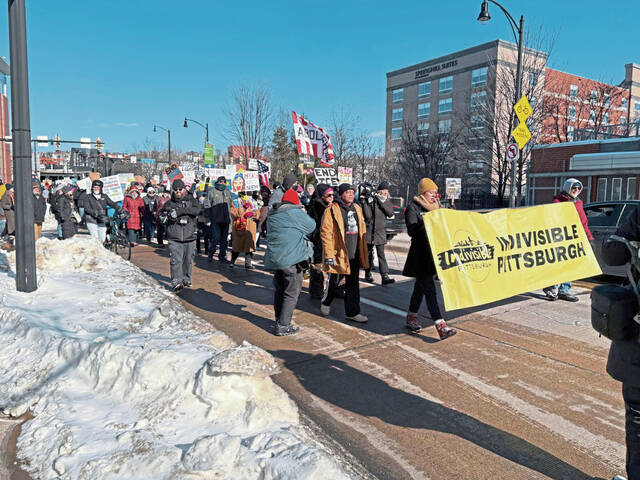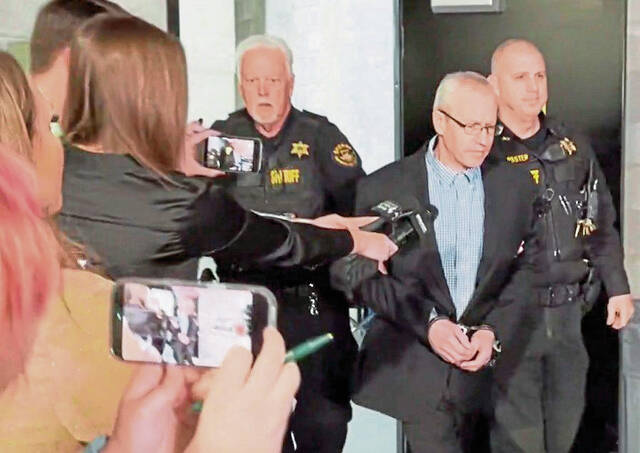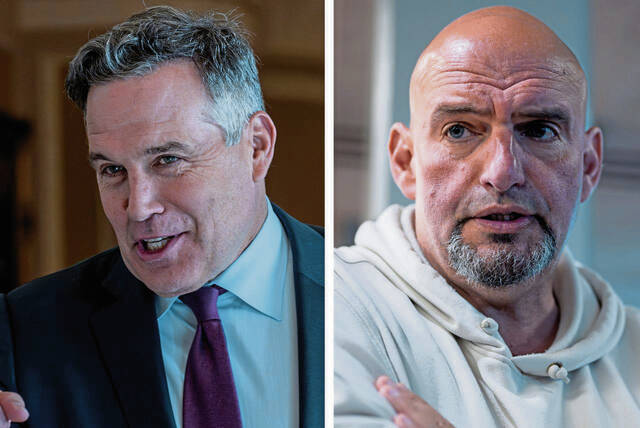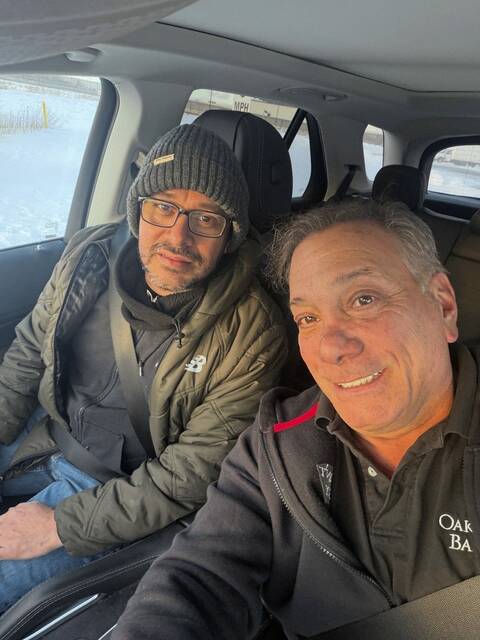There is no denying that Cyril Wecht was a leading figure in his field.
The forensic pathologist’s career was about death and the puzzles that surround it.
He reviewed evidence in the assassination of John F. Kennedy and consulted on the investigation of Robert F. Kennedy’s shooting death. He weighed in on the Manson Family murders and the aftermath of the siege of David Koresh’s Branch Davidian sect in Waco, Texas. Whether it was with celebrities like Kurt Cobain or Elvis Presley or people made famous in death like JonBenét Ramsey or Sunny von Bulow, Wecht’s involvement was a mark of importance.
He was not without controversy. As much as he was known nationally for his science, in Southwestern Pennsylvania he was equally well known for his political involvement. He did two separate stints as Allegheny County coroner, broken up by a term as county commissioner from 1980 to 1984. He spent six years chairing the county Democratic Party.
The intersection of his public service and private skill were the catalyst for Allegheny County criminal charges in 1979. In that case, Wecht was accused of selling pituitary glands removed from bodies in the morgue without getting family permission. He was later acquitted on charges of theft of services.
Then there was the federal criminal trial over public corruption in 2008. Wecht was accused of using county resources to benefit his private consulting business. That that ended in a mistrial, with the indictment dismissed in 2009.
But Wecht, who died Monday at age 93, deserves credit for helping build forensics into something that changed America.
There was a time when “coroner” was just the guy who was elected to do a kind of gross job no one wanted to think about. Wecht’s involvement in high-profile cases and testimony that reconstructed a destroyed human body into a story and timeline made him a celebrity.
He came on the scene on the heels of Truman Capote’s “In Cold Blood.” Between them, Wecht and Capote could fairly be considered the architects of America’s obsession with true crime. Where Capote made it interesting, Wecht made it accessible.
True crime books gave way to television shows. True crime influenced fictional investigations. Today, a hefty chunk of broadcast and streaming television is devoted to dramas such as “CSI” or “Bones” and more documentary offerings like “Snapped” and “Forensic Files.” A Pew Research study in 2023 found that 24% of all podcasts are true crime, the largest topic by a landslide.
It stretches beyond entertainment. It affects the classes taught and degrees sought at universities. It changes the makeup of the field, with forensics employment on the rise — the rare STEM field with a majority of women.
And it has changed the way juries take in court cases, with researchers naming “the CSI effect” as impacting prosecution, defense and jury selection.
Wecht’s legacy will live on, a puzzle of oddly shaped pieces of scholarship, law enforcement, government, politics, popular culture — and morals to take away from them all.








